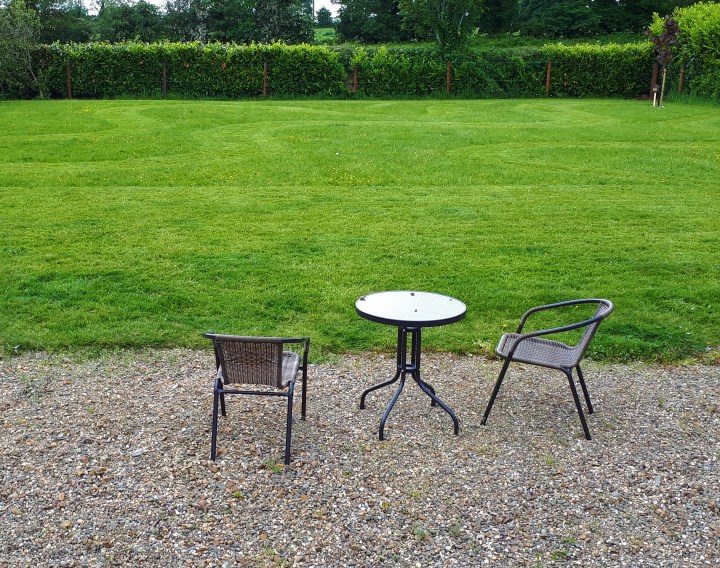“In post-modern culture there is a deep hunger to belong. An increasing majority of people feel isolated and marginalised. Experience is haunted by fragmentation. Many of the traditional shelters are in ruins. Society is losing the art of fostering community.” – John O’Donohue, Eternal Echoes.
A few days ago here in Ireland, an elderly man was found dead in his house. He had been dead for 7 months…and no one noticed. Just over a year ago, a similar situation happened, actually in the same city, where another elderly man lay dead in his apartment for 6 months before anyone noticed. This tragic story reminded me of the same happening just down the road from a school I had worked at years ago in the States when an elderly lady was found by a utility worker as he looked in her living room window and found her dead on the couch. She had been there about 9 months.
As it did all those years ago when I heard about the old woman down the road from the school, the story this week upset me terribly. I think it should upset everyone, to be honest, but I don’t think it does. Maybe because I travel along this journey’s road isolated from that increasingly rare sense of community, I can empathise with the situation of being no one else’s priority. (Not dramatic. It’s just the truth.)
Let me explain that.
I can’t remember the last time a friend called me just to chat and check in on me. I can’t remember the last time I sat around a dinner table hanging out with friends, laughing and joking and not having a care in the world at that moment. I can’t remember the last time I knew I was someone’s best friend. I now go weeks without talking to anyone other than professionals related to Brendan Bjorn’s care. And if it wasn’t for the fact that I have an 11 year old son who would see me if something happened to me and be able to call for help, I would end up like one of those tragic stories above.
I don’t write this to gain pity.
I write this to help others gain understanding at just how truly isolated so many carers are in their homes.
“The hunger to belong is at the heart of our nature. Cut off from others, we atrophy and turn in on ourselves. The sense of belonging is the natural balance of our lives.” – John O’Donohue, Eternal Echoes.
Personally, I don’t feel a sense of belonging. I don’t have family and a community that I’ve been rooted in for life. I am generally cut off from others, as are many full time carers who are predominately housebound. As described in the quote above by John O’Donohue, I feel like I am atrophying and turning in on myself. Again, it’s isolation. It’s lack of being able to socialise and connect with peers on a regular basis. It’s about not being able to be anything but a carer, yet wanting to be something else, too. It’s about having to leave behind those activities that gave me the outlet to express who I am, to centre myself, and to nurture within me that natural balance that comes with a sense of belonging.
Maybe that’s why I’m no one’s best friend or priority: Because who I am has atrophied to the point that I’m no longer interesting enough to anyone to prompt those calls and invitations, that connection which brings the sense of belonging. I have to wonder.
Carers often lose many other aspects of their lives, except that of being a carer, as each year of caring passes from one to the next.
I think about those elderly people who lay dead in their homes for months on end, undiscovered, and clearly unmissed. How lonely they must have been. They weren’t anyone else’s priority. It shouldn’t happen. What does it say about society when this happens? And, for those who had family and friends, where were they? Busy with their own lives. I know. I’ve heard it more than once myself.
No one should be left isolated until they no longer feel a sense of belonging.
“Everyone longs for intimacy and dreams of a nest of belonging in which one is embraced, seen, and loved.” – John O’Donohue, Eternal Echoes.




